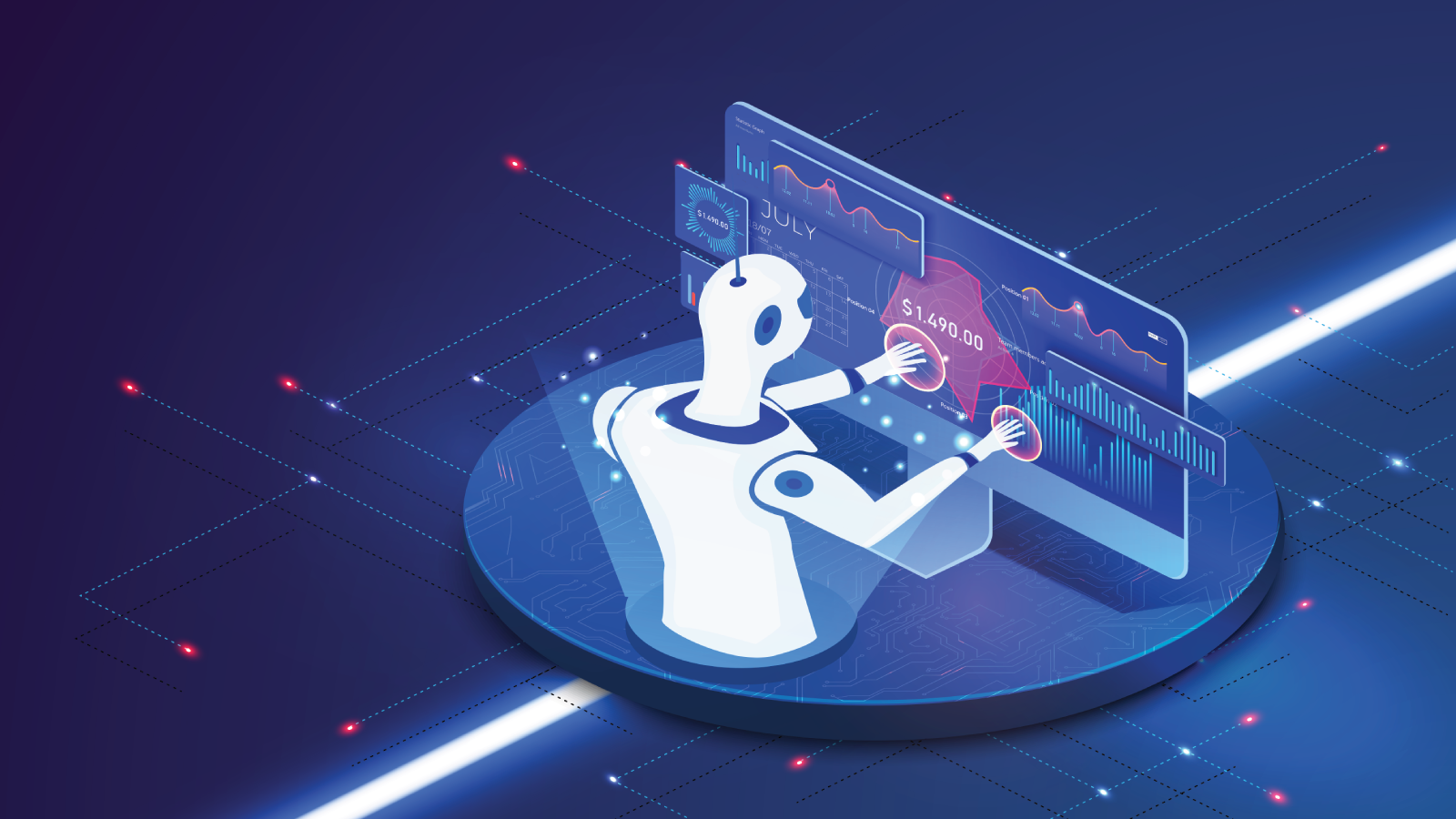Bogus Trading Bot Operator Guilty of $100M Fraud
EmpiresX claimed it operated a trading bot that guaranteed returns to investors and now founders are on the run

Source: Shutterstock
- Chief Trader pleaded guilty to one count of conspiracy to commit securities fraud
- Founders Emerson Pires and Glavio Goncalves have allegedly fled to their home country, Brazil
A Florida-based head trader of cryptocurrency platform EmpiresX pleaded guilty to an alleged Ponzi scheme that collected $100 million from investors.
28-year-old Joshua David Nicholas admitted to promoting a company-operated trading bot along with co-conspirators, claiming that it used artificial and human intelligence to maximize gains for investors, the Department of Justice (DOJ) said in a statement Thursday.
 Joshua David Nicholas
Joshua David NicholasProsecutors allege that, instead of providing a profitable service, they rewarded earlier investors with money collected from later investors. EmpiresX also never registered its investment program as an offering with the Securities and Exchange Commission (SEC), nor did it have an exemption to do so, the DOJ said.
Nicholas pleaded guilty to one count of conspiracy to commit securities fraud. He faces a maximum penalty of five years in prison.
The plea follows a June indictment, when DOJ officials charged Nicholas along with the founders of the firm, Emerson Pires and Flavio Goncalves, with conspiracy to commit wire fraud and securities fraud. The latter two were also charged with conspiracy to commit international money laundering.
On the same day as the DOJ’s indictment, the SEC also charged all three individuals over allegations of luring investors with false claims of 1% daily profits and misappropriating investor money for personal use.
Pires and Goncalves, both Brazilian nationals, have allegedly fled to their home country.
 Emerson Pires and Flavio Goncalves
Emerson Pires and Flavio GoncalvesA sentencing date for Nicholas hasn’t yet been scheduled. Julie Holt, the public defender representing Nicholas, didn’t return Blockworks’ request for comment by press time.
The debate over which cryptocurrencies, and therefore which adjacent businesses, are considered securities currently shrouds the entire industry.
SEC Chair Gary Gensler said on Thursday that he would support a growing consensus that cryptocurrencies such as bitcoin — which he terms non-security tokens — to be handled by the Commodity Futures Trading Commission, rather than the SEC. Still, he said a majority of crypto tokens are securities that should come under his jurisdiction.
Get the news in your inbox. Explore Blockworks newsletters:
- The Breakdown: Decoding crypto and the markets. Daily.
- 0xResearch: Alpha in your inbox. Think like an analyst.






